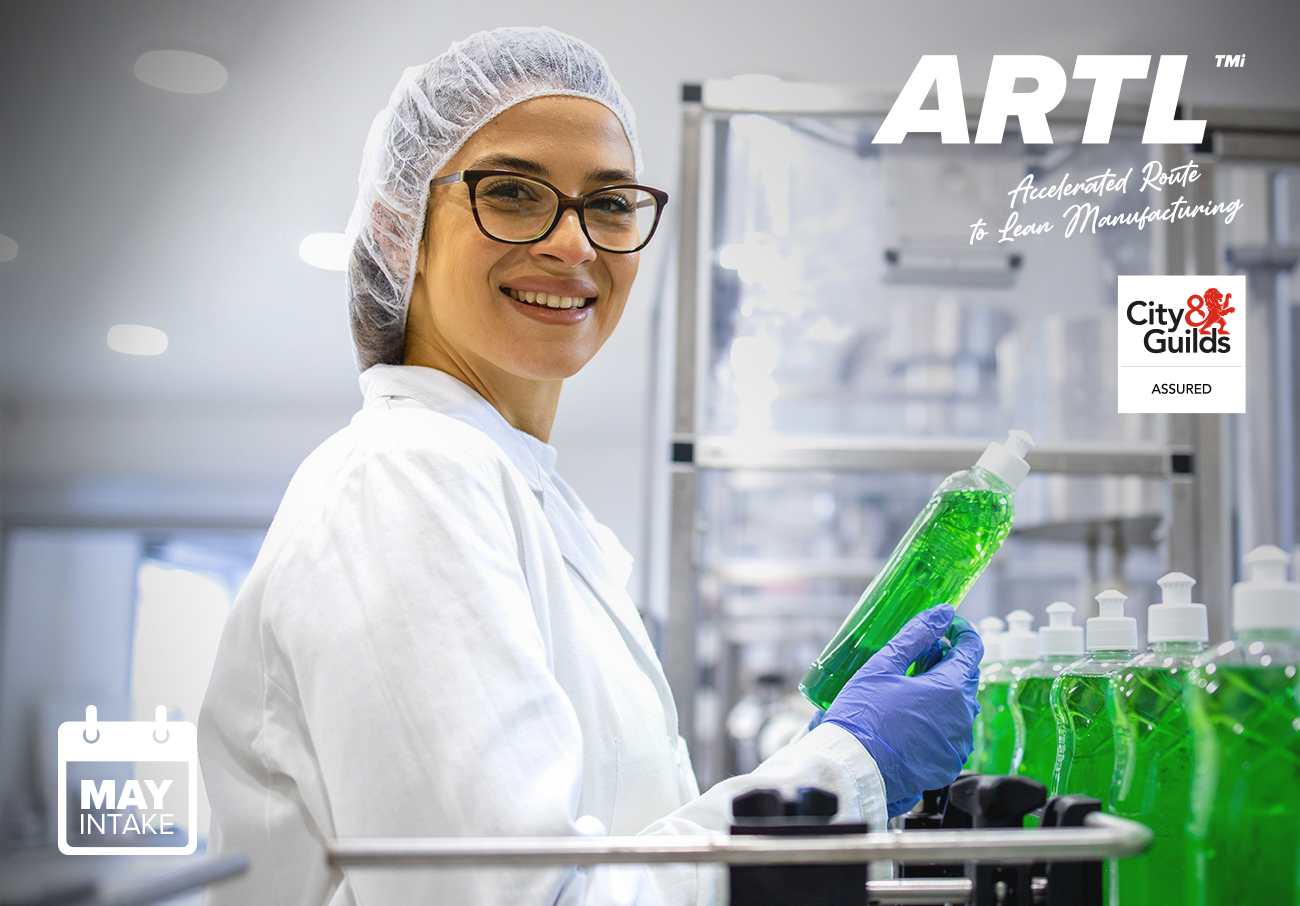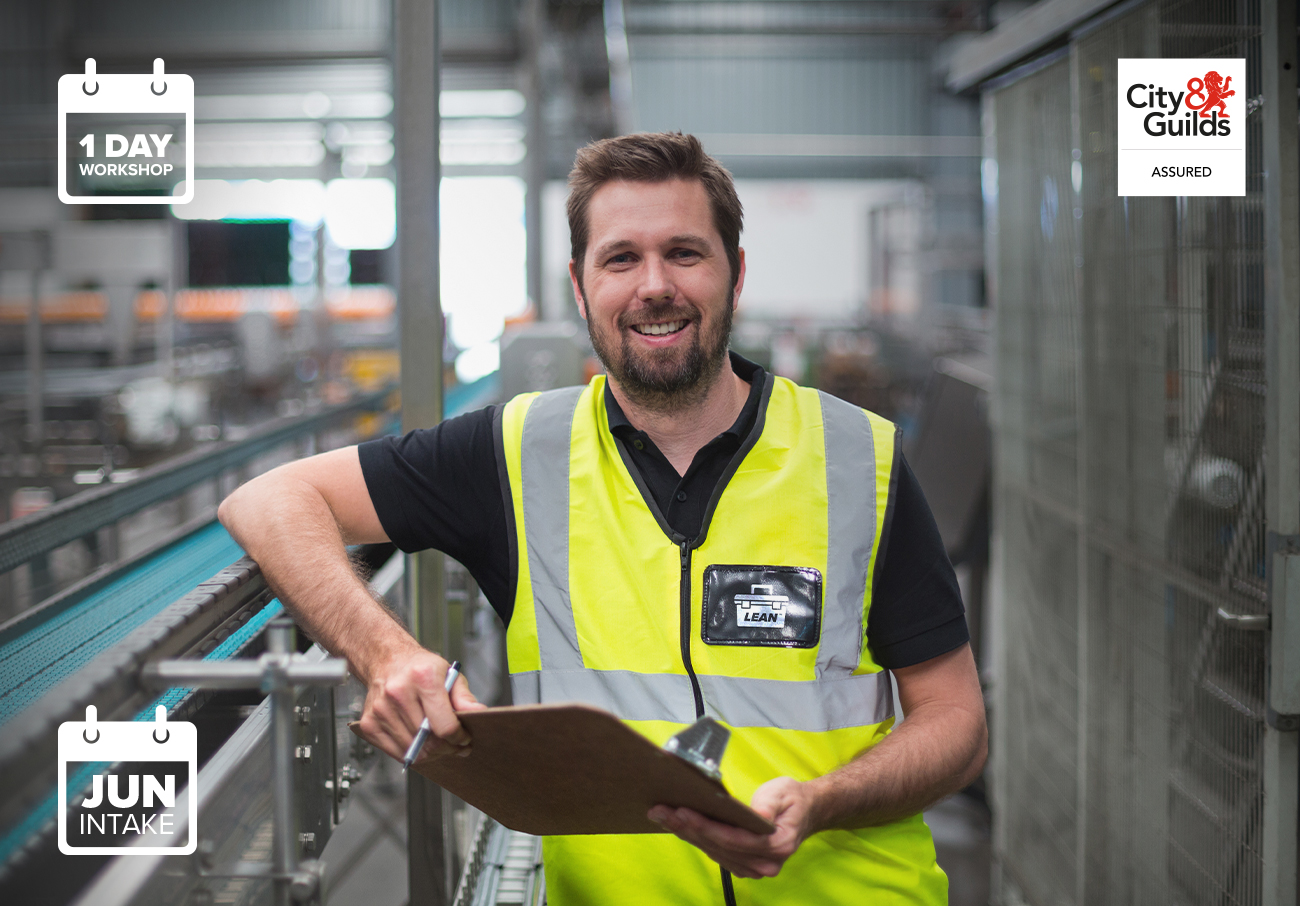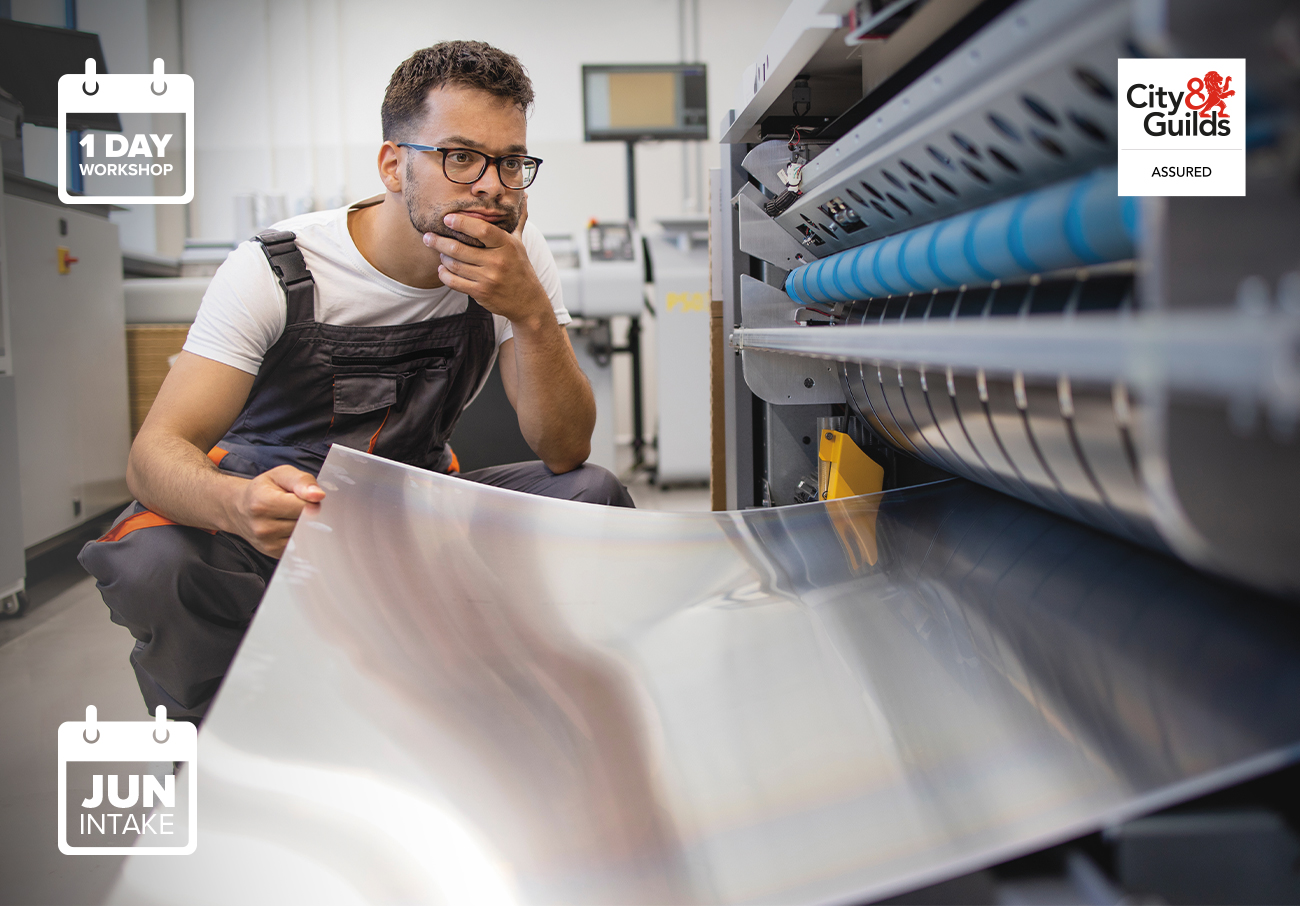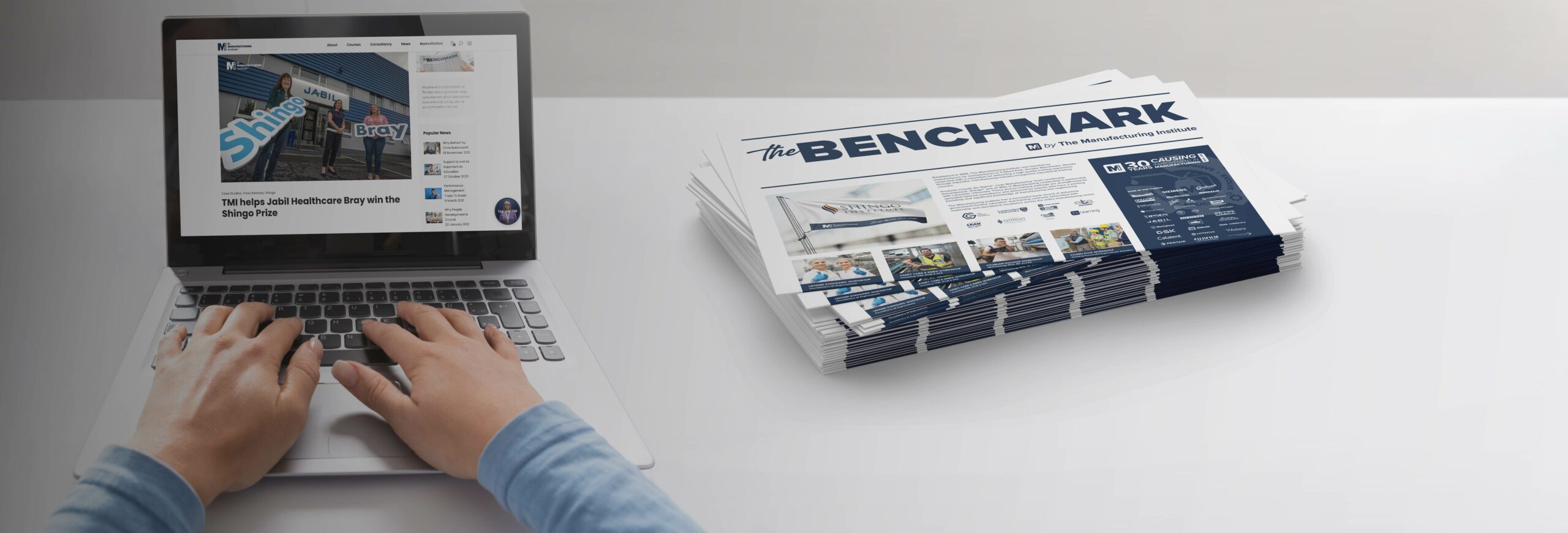
How To Tackle The Problem Of Problem-Solving
Believe it or not, problem-solving is a problem in itself. Manufacturers have a habit of making it far more complex than it needs to be – and that’s why most have many problems, rather than just a few.
But this doesn’t have to be the case. Problem-solving can be tackled head-on. Here, The Manufacturing Institute’s Business Consultant, Hugh Samson, shares his own insights on the matter.
Problem repetitivity
The manufacturing environment can become a bit like Groundhog Day: every day is repetitive, with the same issues and challenges. You end up chasing your tail, and sticking a plaster over problems rather than finding a solution. But this doesn’t work as a long-term approach – you want to prevent the issues in the first place.
In manufacturing, there’s a template to problem-solving, and it’s actually very simple. The step-by-step process is driven by analysis and data to help meet the challenges, identify the cause, and ultimately conclude the problem.
This of course requires the mindset to stand up to the issue, as well as the tools to tackle it. These can be pretty easily applied and have been proven to be very effective in dealing with day-to-day life as a leader. And this is for both small and large, multinational businesses. Why? Because it’s powerful, yes – but it’s also simple.
Simplicity not complexity
Simplicity is the way forward, so why do we have such a habit of making things complicated? What we should be doing is taking the Einstein approach. He once said that if he had an hour to solve a problem, he would spend 55 minutes working out what the problem was, and five minutes actually resolving it.
See, in modern manufacturing, we end up jumping to the wrong conclusions, going down the wrong path, overthinking the problem and making it overly complex. But if we instead take a step back, and first try to pinpoint the root cause of the issue, we can save a significant amount of time.
It’s crucial that we use all the resources at hand, and don’t try to solve the problem all by ourselves. Relevant equipment and technology can provide us with vital data, and the team who work closely to the problem can deliver you with essential knowledge and support too.
Opportunity not problem-solving
Problem-solving is actually a great team-building exercise, capable of broadening the knowledge and skills of your staff. It’s a bit of fun too, helping boost employee morale. What’s more, it ensures that the pressure to solve a problem isn’t all on one person – a problem is seen as an exciting challenge, rather than something that’s a struggle to solve.
And that’s the thing about problem-solving. Sometimes I don’t even like to call it by that name – after all, the word ‘problem’ has a negative connotation. But it actually presents an opportunity to make things better. By solving things, we can improve them.
People like the challenge of improving something that’s been causing issues or concern, if they have the tools to do it. It’s like building a piece of furniture – if you have the instructions in front of you, then you can meet the challenges of the task at hand. With problem-solving, it’s about thinking in a more standardised way to tackle the issue.
We really have to try and find a way out of problems. And this involves change starting at the top, changing how you lead, ensuring you develop your team, and effectively influencing people. Leadership is a ‘soft skill’, so to speak, but it’s an incredibly important one. It needs to be balanced with everything else – managing processes, running equipment, and coordinating the business.
Problem-solving is just one of the modules on our leadership development bootcamp, along with lessons on leadership and culture and performance management. Through the combination of lean manufacturing techniques learnt and interpersonal skills gained on this course, leaders will have all the tools they need to drive business success and ultimately a greater ROI.
If you’d like to know more about our virtual bootcamp, get in touch with our team today. We’d be happy to tell you more.

